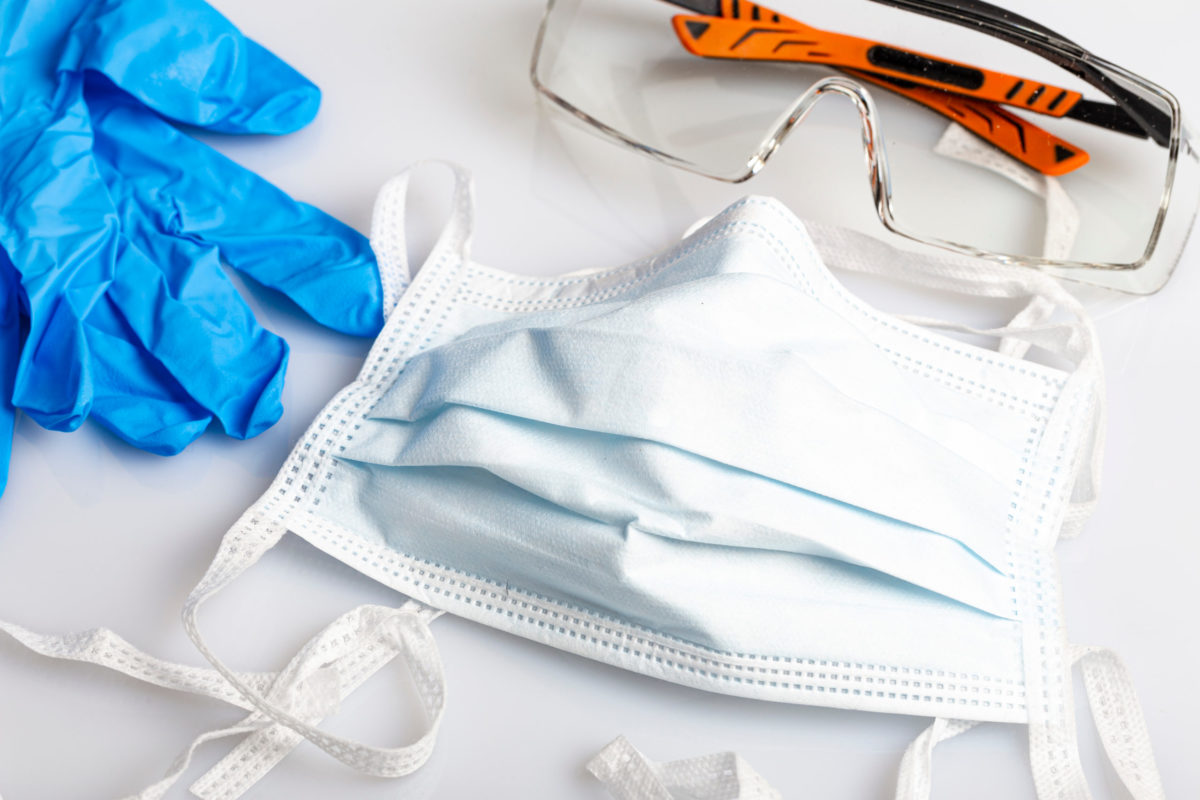By Beatrice Brown
There is currently a dire shortage of personal protective equipment (PPE) at hospitals across the United States, especially in areas that have been hit the hardest by COVID-19.
PPE is essential to protecting those on the front lines of the pandemic – the President of the American Medical Association (AMA) has said that without adequate PPE, we may face a shortage of clinicians to treat COVID-19 patients, in addition to other shortages of critical resources.
Without adequate PPE, are clinicians morally obligated to provide care to patients who are either presumed positive for COVID-19 or who definitely have the virus?
Here, I argue that to treat patients without adequate PPE is supererogatory but not obligatory. In other words, this is a noble and praiseworthy act, but clinicians should not be obligated to perform these heroic acts, nor should we blame them, morally, for their decision to refuse to provide care.
The AMA has released guidelines based on their Code of Ethics for healthcare workers in the pandemic. According to these guidelines, there are several considerations that inform whether a physician can ethically decline to provide care in the absence of PPE.
They list several unique circumstances that may justify this refusal, such as “when a physician has underlying health conditions that put them at extremely high risk for a poor outcome should they become infected.”
I believe there are other relevant considerations, such as: whether the clinician has a high-risk individual for whom they are the primary caretaker, and whether the clinician has young children for whom they are they primary caretaker.
For clinicians in these unique circumstances, more harm than good may be done if they decide to provide care without adequate PPE. In the case of a clinician being the primary caretaker of a high-risk individual, their exposure to COVID-19 may mean that this high-risk individual will need an ICU bed that is also needed by others, as the result of an avoidable exposure. We desperately need to decrease the number of people who are exposed to this virus, especially those who are particularly vulnerable to it.
All of this is not to say that clinicians should not provide care in the absence of adequate PPE.
Rather, it is up to each individual clinician to decide if this is a risk that they are willing to take on – and we cannot morally blame them for their decision not to undertake this risk for valid reasons. Because of the unique exposure risks posed to clinicians and the need to respect the autonomous decisions of these individuals, we should not impose a moral obligation on these clinicians – this is not a simple case of what is often deemed the duty to treat.
Instead, we should view these acts as supererogatory. Deeming the care of COVID-19 patients without adequate PPE to be a supererogatory act properly recognizes this action for what it is: a heroic act, bravery in the face of peril amid unprecedented times.
Certainly, clinicians have entered this profession to treat sick patients and help those who are most in need; they did not, however, sign up for treating these very sick patients without adequate PPE. We cannot expect from them what most of us cannot even conceive of being asked to do.
In an interview with Kevin B. O’Reilly for the American Medical Association, Dr. Megan Ranney, one of those at the forefront of the #GetMePPE movement on social media, said, “We are reusing surgical masks for as long as we possibly can. We are reusing face shields. We’re trying to use reusable gowns as much as possible. We are doing our best to conserve supplies because we don’t have an adequate supply and we don’t want to run out.”
To protect clinicians and these very sick COVID-19 patients, we must get those on the front lines adequate PPE. Their lives – and our lives – depend on it.
Furthermore, we need transparency: hospitals telling clinicians they will be fired for talking to the press about PPE shortages is unacceptable when we are asking clinicians to perform these supererogatory acts.
A site has been established to get this critical protective equipment to clinicians. If you have any protective equipment you can donate, please visit https://getusppe.org/.
